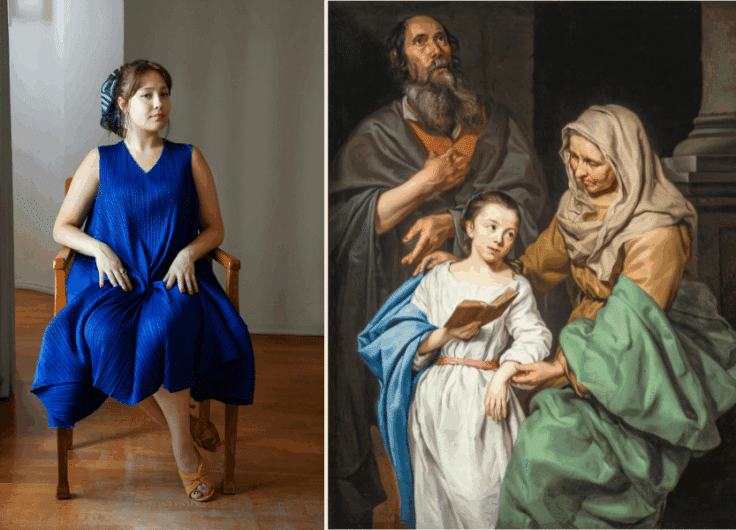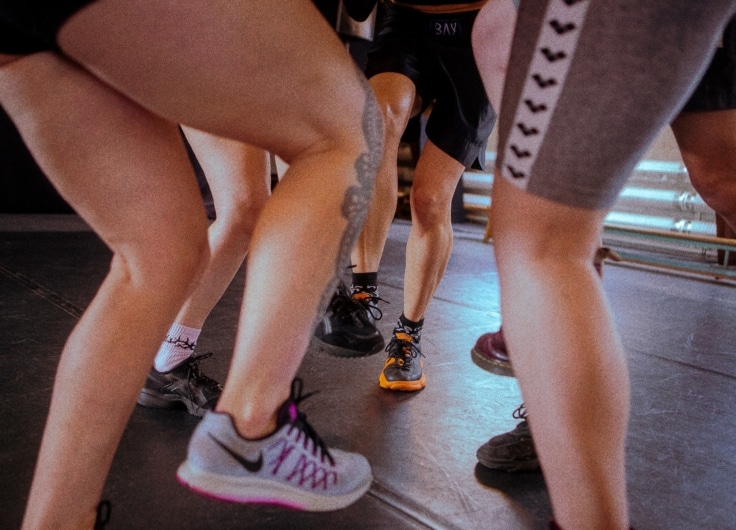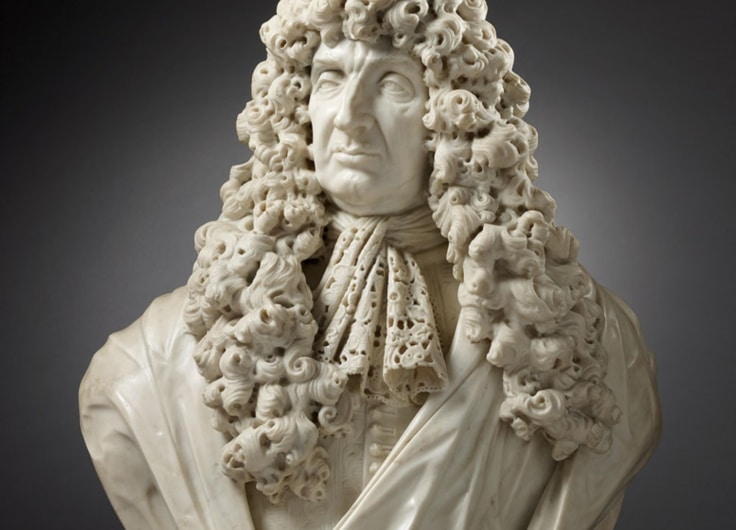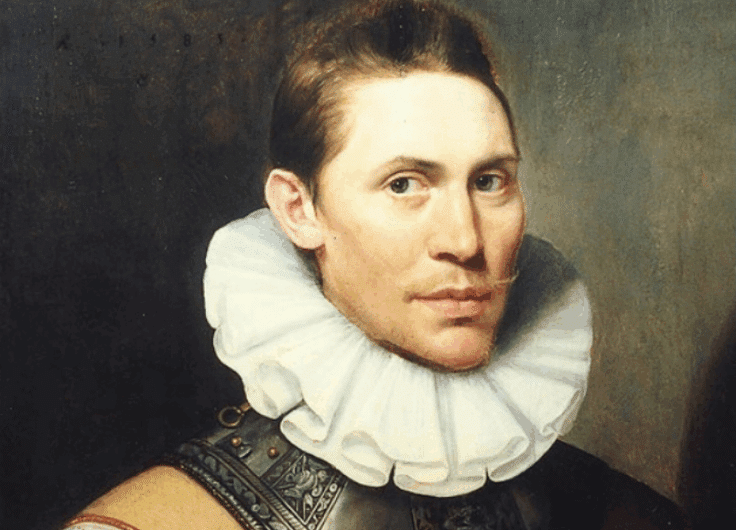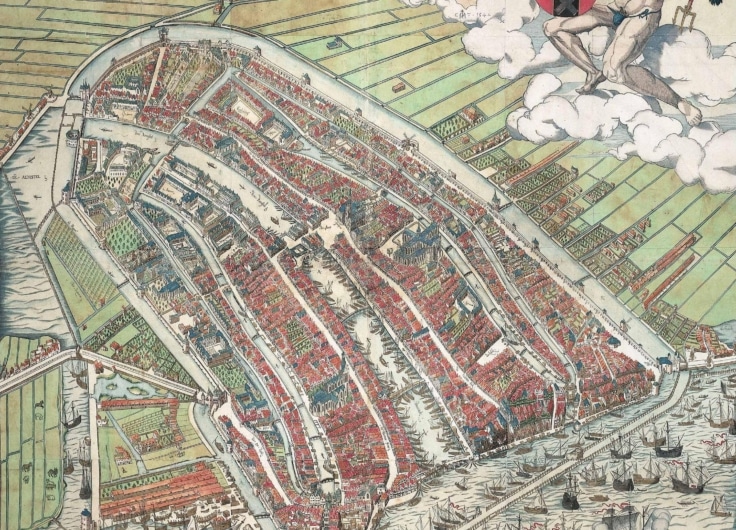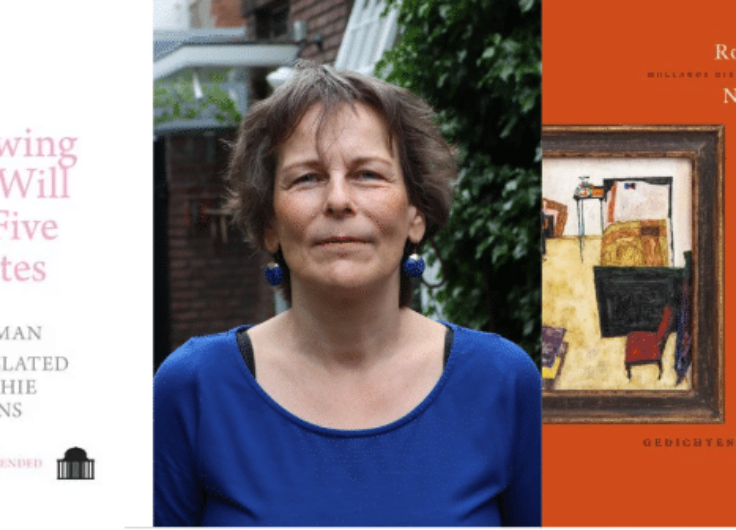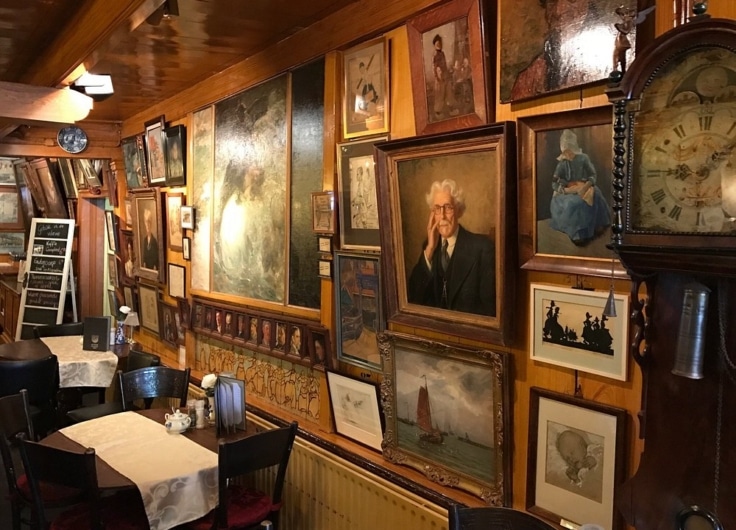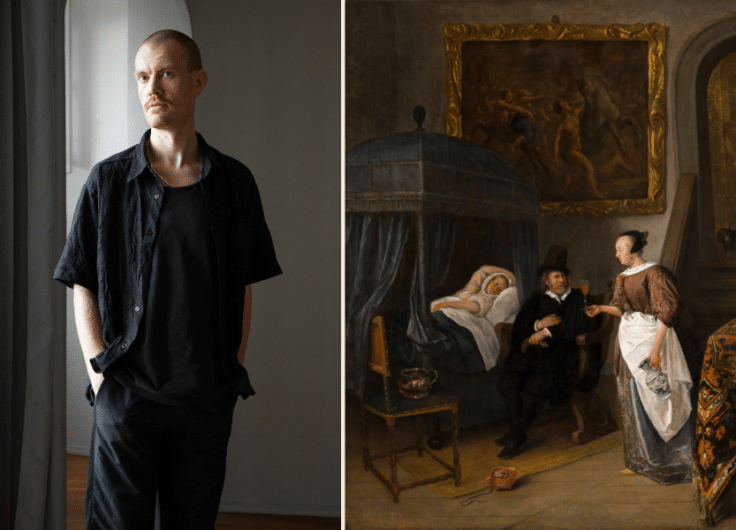This Is What the Dutch Consider to Be Typically Dutch
What do the Dutch consider to be the Dutch identity? What are the things to which the Dutch feel attached, and to which they don’t? And do they all agree on what those things are, or are there different views in different sections of the population? The Netherlands Institute for Social Research looked for answers in a large-scale public survey. The main conclusion? The Dutch are mostly unanimous about what makes the Netherlands the Netherlands.
The Netherlands Institute for Social Research describes in the report Thinking of the Netherlands the Dutch identity from the perspective of the Dutch citizen. By means of focus groups and interviews throughout the country and surveys, the Dutch themselves were asked what they consider important for their sense of belonging to their country. Never before has any scientific research been conducted among Dutch citizens into what they understand by Dutch identity.
What does the national identity consist of?
When asked whether there is a Dutch identity, 41% of the Dutch people answered ‘yes’, 42% think that it exists in some respects and 6% absolutely reject it. The large similarities in what people think is typically Dutch and what they feel connected to are striking. People mainly refer to cultural characteristics as typical of the Netherlands: first and foremost the Dutch language, but also symbols and traditions. Think of King’s Day, Commemoration of the Dead and Liberation Day, oliebollen (doughnuts) during New Year’s Eve and the Dutch flag. In addition to these elements, landscape or environmental characteristics are also seen as characteristic, such as the Dutch clouds, the polder and the Dutch struggle against water. Religions such as Islam, Buddhism and, to a lesser extent, Christianity are not a source of solidarity for the majority of Dutch people.
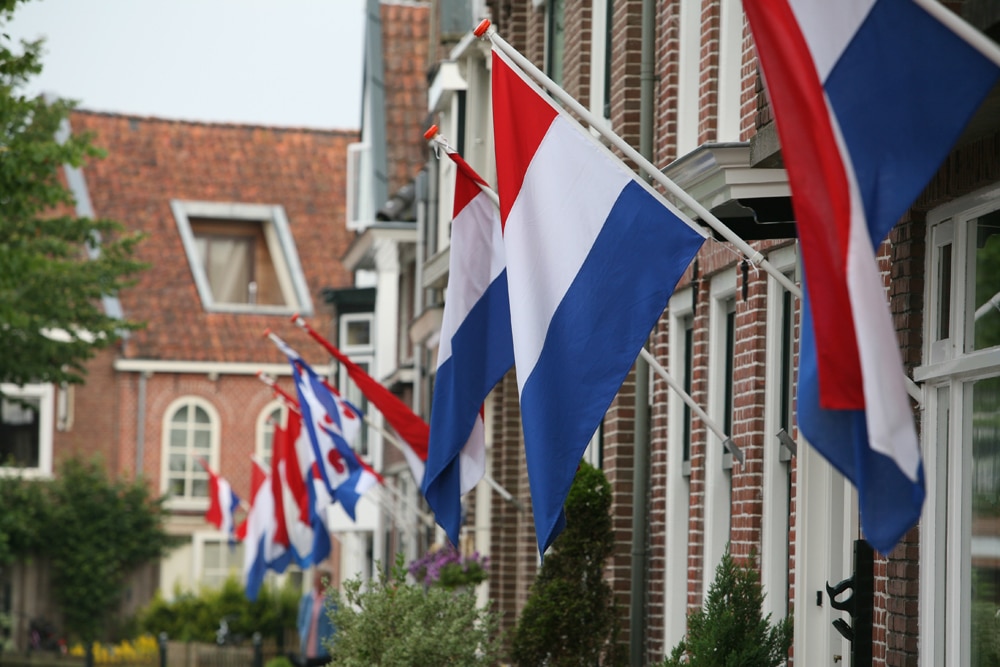
Is the Netherlands a polarised country?
The Dutch are very much in agreement with each other in principle. Most people feel connection through symbols and traditions as well as with civil liberties. But sometimes there are situations or discussions in which people feel that they have to make a choice. Tensions can then arise between people who feel more strongly connected to the Netherlands on the basis of symbols and traditions (think of King’s Day and Sinterklaas/Saint Nicholas) and people who experience a connection to the Netherlands on the basis of civil liberties (such as freedom of speech, the right to demonstrate and freedom of religion). This can clash, for example, if there is a difference of opinion about the interpretation of the Dutch identity, as was the case when Sinterklaas (Saint Nicholas) entered the country. Strengthened by (social) media, this gives – despite the high degree of consensus – a picture of a polarised country in which opposites dominate.
People who mainly see symbols and traditions as connecting tend to think in terms of the Dutch identity and believe that the government has a responsibility to safeguard that identity and our traditions. People who feel more connected through civil liberties believe that the government should primarily guarantee democratic liberties and the inclusiveness of the constitutional state.
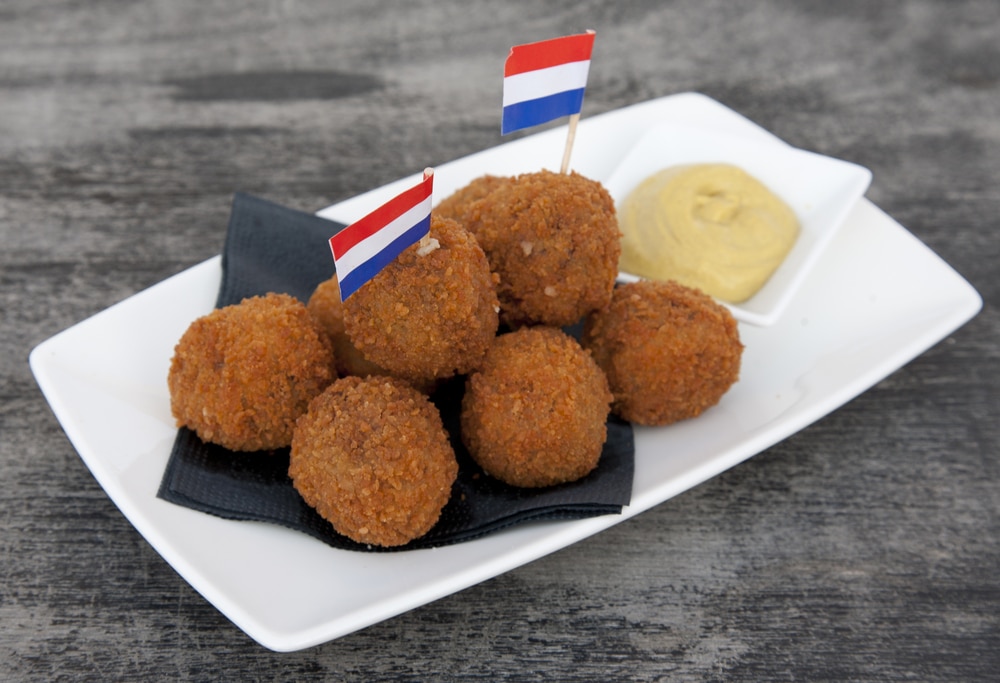 Bitterballen, a typical Dutch snack.
Bitterballen, a typical Dutch snack.The view from the outside to the inside
Internationally, the Netherlands can be characterized as ‘the most southern Scandinavian country that likes to reflect on Anglo-Saxon countries and with roots in the German-speaking part of Europe’. What connects Dutch people abroad to the Netherlands are primarily family and friends, as well as the Dutch language and culture (food, holidays, traditions). They are struck by how full and busy the Netherlands is, but also by how sociable and well-organised it is. Often they are two sides of the same coin. In the eyes of many Dutch people abroad, the Dutch are sometimes ‘clumsy’ and behave ‘asocially’, but the same characteristics are also described as direct and down-to-earth. Bureaucracy and rules in the Netherlands stand out abroad, but the Dutch are also well organized.
 Portrait of William I, the Silent, one of the most famous figures in Dutch history.
Portrait of William I, the Silent, one of the most famous figures in Dutch history.The importance of Dutch history
In theories and discussions about Dutch identity awareness, national history plays an important role; think of the discussion about the historical canon. The research shows that Dutch people attach importance to history through national commemorations, holidays, traditions and customs (such as ice skating and ice fun). Historical knowledge, on the other hand, is limited.
About this survey
The aim of the survey of the Netherlands Institute for Social Research was not to define once and for all what ‘the’ Dutch identity is, but rather to paint a picture of how Dutch citizens in all layers of the population think and feel about Dutch identity. By providing a rational analysis of the collected research data, the Netherlands Institute for Social Research is contributing to unravelling this debate , which often appears to be conducted over the heads of Dutch citizens or to be based entirely on emotions. The report Thinking of the Netherlands offers an empirical basis for a well-founded dialogue in the sometimes heated debate about national identity.
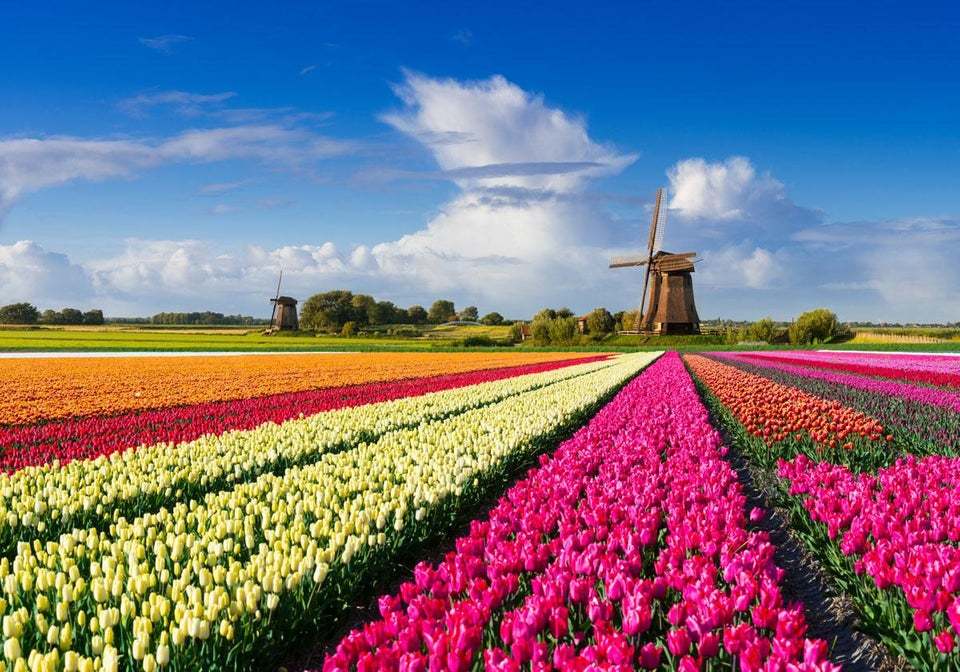 Windmills, tulips and flat land. A very stereotypical image of the Netherlands.
Windmills, tulips and flat land. A very stereotypical image of the Netherlands.

